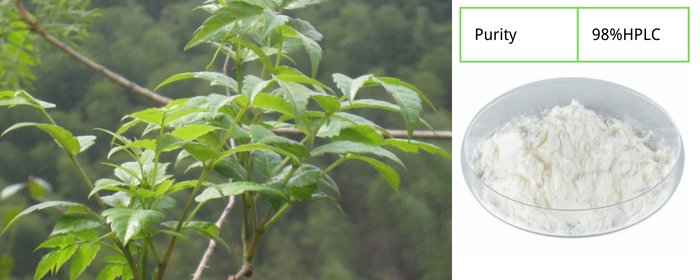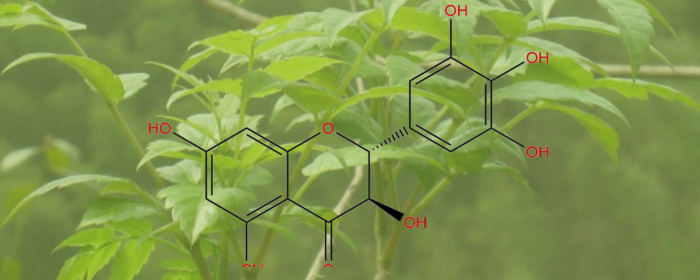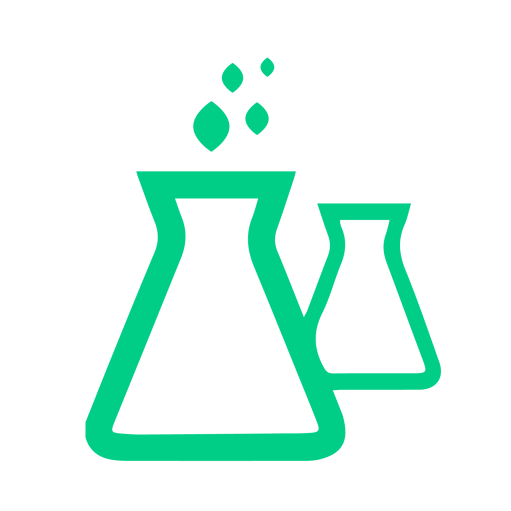
Recently, there has been great attention paid to a natural compound known as dihydromyricetin for its role in reducing liver cell damage. The article will discuss the sources, properties, pharmacological action, and market development surrounding dihydromyricetin to give a clear context of how researchers believe dihydromyricetin has excellent potential in the protection of the liver.
Dihydromyricetin from Ampelopsis Gross
Dihydromyricetin is a flavonoid component extracted from Ampelopsis grossedentata, a traditional Chinese medicinal herb commonly known as vine tea. The value of Ampelopsis grossedentata consists in its elevated flavonoid content, with dihydromyricetin being the main active component. In traditional Chinese medicine, vine tea is used for protecting the liver because it has antioxidant and anti-inflammatory properties; also, dihydromyricetin is regarded as the main pharmacologically active substance.

Dihydromyricetin Physical Properties
The molecular formula of dihydromyricetin is C15H12O7, and the molecular weight is 288.26. It is one of the flavonoids, and its antioxidant and anti-inflammatory properties are extremely active. It exists in a white or off-white powder but is stable with favorable solubility in water at room temperature. Such physical properties make dihydromyricetin be used in applications in the development of drugs and a food additive.
Dihydromyricetin Benefits for Health
There are significant pharmacological effects in improving hepatocyte damage using dihydromyricetin, primarily because of the following mechanism of action:
- Antioxidant mechanisms: Compounds in this class possess free radical scavenging actions and therefore reduce the amount of damage caused to the hepatic cells by oxidative stress. By inhibiting the oxidative reaction, dihydromyricetin offers protection with regard to the function of the cell membrane of liver cells.
- Cell damage: Dihydromyricetin suppresses the inflammation reaction by inhibiting the generation of free radicals and inflammatory mediators. This action reduces the levels of liver cell damage and death.
- Promotion of the Regeneration of Liver Cells: After testing it was found that dihydromyricetin can promote liver cell proliferation and regeneration, and increase the speed of repair and recovery of liver function.
- Improvement of Liver Metabolism: It also regulates activities related to liver metabolism and enhances this activity. Moreover, it helps the liver to clear away all sorts of toxins to protect the liver.
Market Prospects for Dihydromyricetin
It is indicated that with the increasing attention the public is paying to their health and natural medicines, the market prospects of dihydromyricetin are very optimistic. Its potential pharmacological effects would make it adequate to be incorporated into dietary supplements and functional foods. Furthermore, the currently developing dihydromyricetin application for liver disease treatment research may lead to novel liver-protecting drugs.
At the moment, there are dietary supplements and medicines with dihydromyricetin as one of the main active components. This compound, apart from being targeted toward the liver care compound, can act as an antioxidant and serve the requirements in anti-inflammatory ways. The research carries on, and dihydromyricetin is to find more and more applications in the medical and health-related areas.
Conclusion
Dihydromyricetin, as an active component of vine tea, has shown great potential in improving liver cell damage due to its remarkable antioxidant and anti-inflammatory properties. From physical characteristics to pharmacological influence to market potential, dihydromyricetin is no doubt a compound worth concern. On the other hand, aside from these continuing researches, it appears to permeate a very important aspect of liver protection and general health improvement with expanding applications.
For 25 years, Stanford Chemical Company (SCC) has been providing high-quality dihydromyricetin and many other natural herbal extracts. Contact us for more information or send us an inquiry today.
